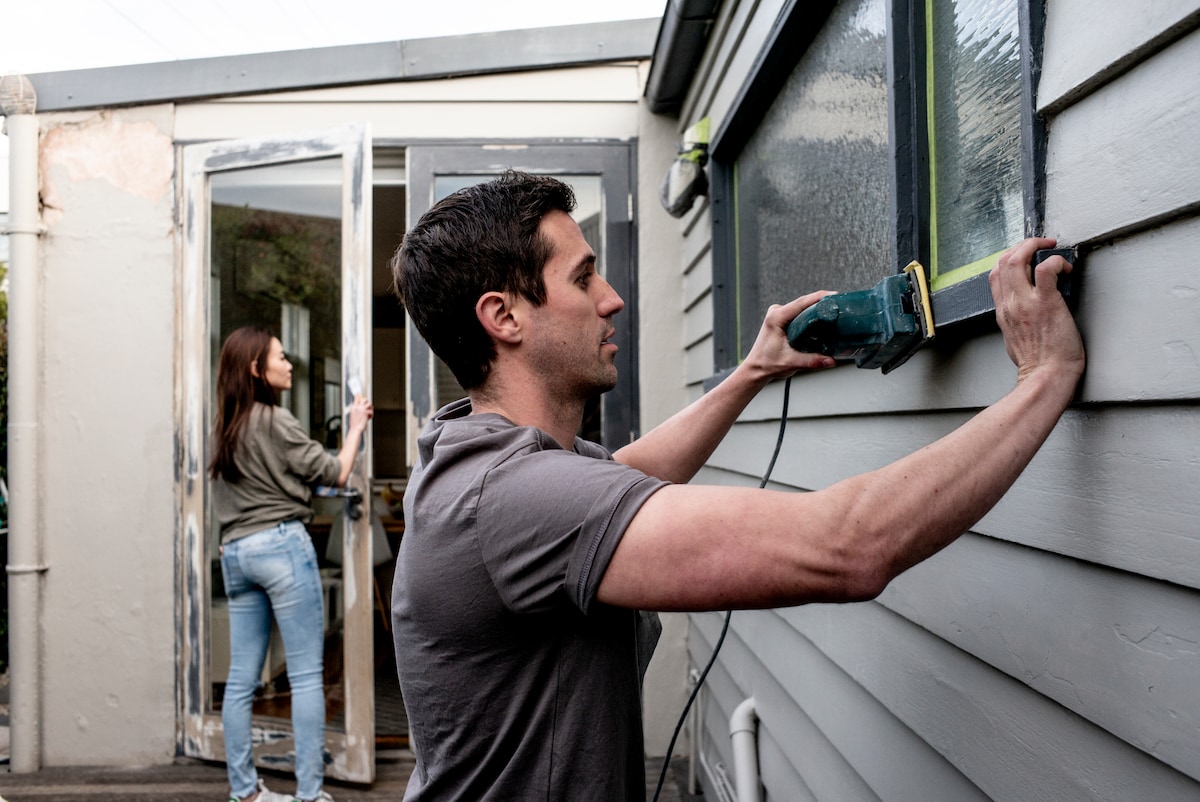Electricity is part of our lives every day and brings countless benefits, from cooling our homes on a hot day to powering the X-Box for a friendly family battle in Fortnite.
So it’s easy to forget that electricity can pose a danger if it’s not treated with respect – or if any electrical equipment is faulty.
According to the National Coronial Information System, there are approximately 20 deaths in Australia every year from electrocution, with more than half occurring in the home. Most of these tragedies are preventable, with electrical appliances the second-most common cause of electrocution.




